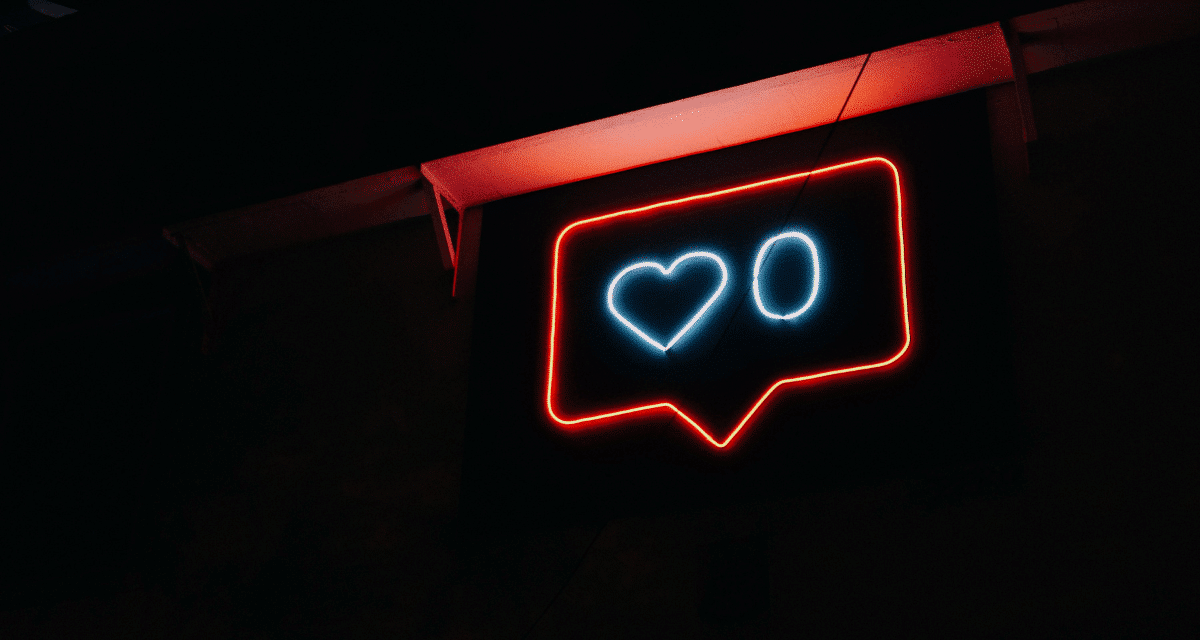Social media is a double-edged scroll for teens
The Future. Most of us have a love-hate relationship with social media. While we get a dopamine hit from posting something that gets a ton of likes, we also feel triggered when we stumble upon something that incites FOMO — or worse, envy. These feelings are especially powerful in teens, who haven’t cultivated the same E.Q. or resilience that some adults have. As the impact of social media on mental health becomes more harmful, tech companies might have to radically alter their platforms — from coming down hard on age verification to even turning off teens’ access to social media at night.
It’s complicated
Axios breaks down the connection between heavy social media use and teen mental health.
- Seattle Public Schools recently filed a lawsuit against TikTok, Meta, Snap, and others, accusing them of contributing to a youth mental health crisis.
- Last October, a British authority found Instagram responsible for the suicide of 14-year-old Molly Russell after she was exposed to self-harm content on the platform.
- “There is a substantial link to depression, and that link tends to be stronger among girls,” says Jean Twenge, a San Diego State University psychology professor. The same is true for self-harm: “The more hours a day she spends using social media, the more likely she is to engage in self-harm behaviors — the link is there for boys as well, it’s just not as large.”
Social media can emotionally and psychologically harm teens in a couple of ways.
- Social comparison: when everybody else’s life looks more glamorous online.
- Displacement: when teens spend so much time online, they don’t hang out with their friends and family or get enough sleep.
It’s not all doom and gloom
Of course, there are benefits to social media too. According to a 2021 report from US Surgeon General Vivek Murthy, those include “connecting meaningfully with friends and family, learning a new skill, or accessing health care.”
For LGBTQIA+ teens, social platforms are essential “for feeling less alone, expressing themselves, finding inspiration, and getting support.”
We’ll smash the like button on that.
TOGETHER WITH CANVA
No design skills needed! 🪄✨
Canva Pro is the design software that makes design simple, convenient, and reliable. Create what you need in no time! Jam-packed with time-saving tools that make anyone look like a professional designer.


